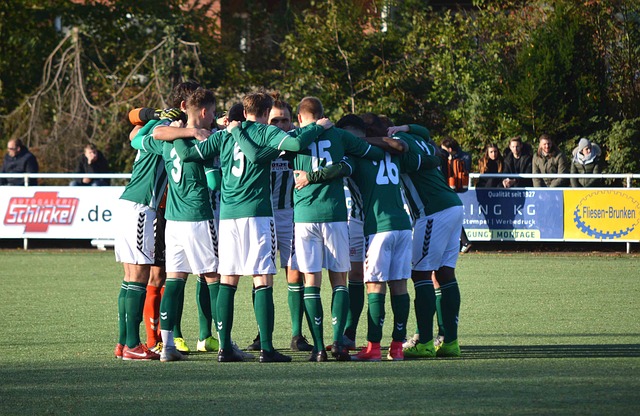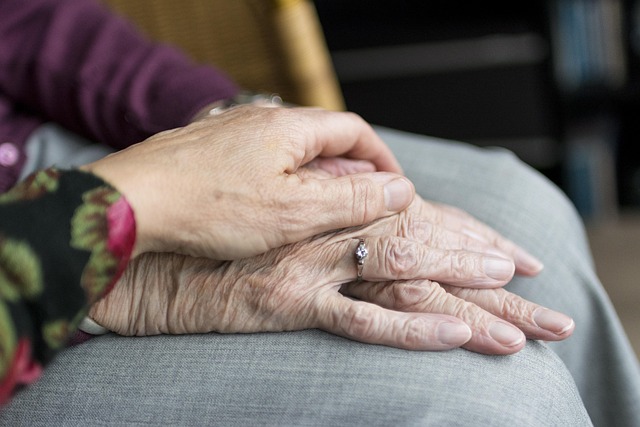
Knowledge Sharing by a Team Leader Acls
Understanding Knowledge Sharing in ACLS Teams
In the high-stakes world of Advanced Cardiovascular Life Support (ACLS), knowledge sharing by a team leader can make the difference between life and death. It's like being the captain of a ship navigating through stormy seas—only instead of waves, you have a team of healthcare professionals, and instead of a ship, you have a very stressed-out patient. 🚑
So, what exactly does knowledge sharing entail in this context? It’s not just about tossing out random medical jargon or quoting the latest research paper. It’s about effective communication, collaboration, and ensuring that everyone on the team is on the same page—kind of like making sure everyone has the same Netflix password.
Key Traits of a Knowledge-Sharing Team Leader
Successful team leaders in ACLS scenarios exhibit several key traits that promote knowledge sharing:
- Effective Communication: A team leader must communicate clearly and concisely. This means using closed-loop communication, where team members confirm they’ve understood instructions. Think of it as the medical version of “Can you hear me now?”
- Encouragement of Questions: A good leader fosters an environment where team members feel comfortable asking questions. After all, nobody wants to be the one who didn’t ask if the paddles were charged before hitting the “zap” button.
- Active Listening: Listening is just as important as speaking. A leader should be attuned to the needs and concerns of team members, which helps in addressing any gaps in knowledge.
- Role Modeling: Leaders should demonstrate the behaviors they want to see. If you want your team to share knowledge, you better be the first to share yours!
Why Knowledge Sharing Matters
Knowledge sharing isn’t just a nice-to-have; it’s a must-have in ACLS. When team members have access to shared knowledge, they can make better decisions quickly. Imagine a team where everyone knows their role and can anticipate each other’s actions—like a well-rehearsed dance routine, except with more adrenaline and fewer sequins.
During ACLS, roles are clearly defined: the team leader directs, the compressor does chest compressions, and the timer keeps track of time. However, if knowledge isn’t shared, confusion can lead to delays that could cost lives. For instance, if the IV/IO/medications person isn’t aware of the latest protocol changes, it could result in administering the wrong dosage. Yikes!
Building a Culture of Knowledge Sharing
To cultivate a culture of knowledge sharing, team leaders can implement several strategies:
- Regular Training: Conduct regular training sessions to keep everyone updated on the latest guidelines and practices. This is akin to having team meetings, but instead of discussing office snacks, you’re discussing saving lives.
- Debriefing Sessions: After a resuscitation attempt, hold a debriefing session to discuss what went well and what could be improved. It’s like a post-game analysis, minus the sports commentary.
- Encourage Peer Teaching: Allow team members to share their expertise with one another. This not only enhances skills but also fosters camaraderie—because nothing says “team spirit” like bonding over a shared CPR experience.
Conclusion
In conclusion, knowledge sharing by a team leader in ACLS is essential for effective team dynamics and optimal patient care. It’s about creating an environment where communication flows freely, and everyone feels empowered to contribute. So, the next time you find yourself in a high-pressure situation, remember: sharing is caring—even in the world of ACLS. And who knows? You might just save a life while you’re at it! 💉

















 Elderly Supports.org: A Comprehensive Resource for Senior Care
Elderly Supports.org: A Comprehensive Resource for Senior Care 
 Health
Health  Fitness
Fitness  Lifestyle
Lifestyle  Tech
Tech  Travel
Travel  Food
Food  Education
Education  Parenting
Parenting  Career & Work
Career & Work  Hobbies
Hobbies  Wellness
Wellness  Beauty
Beauty  Cars
Cars  Art
Art  Science
Science  Culture
Culture  Books
Books  Music
Music  Movies
Movies  Gaming
Gaming  Sports
Sports  Nature
Nature  Home & Garden
Home & Garden  Business & Finance
Business & Finance  Relationships
Relationships  Pets
Pets  Shopping
Shopping  Mindset & Inspiration
Mindset & Inspiration  Environment
Environment  Gadgets
Gadgets  Politics
Politics 